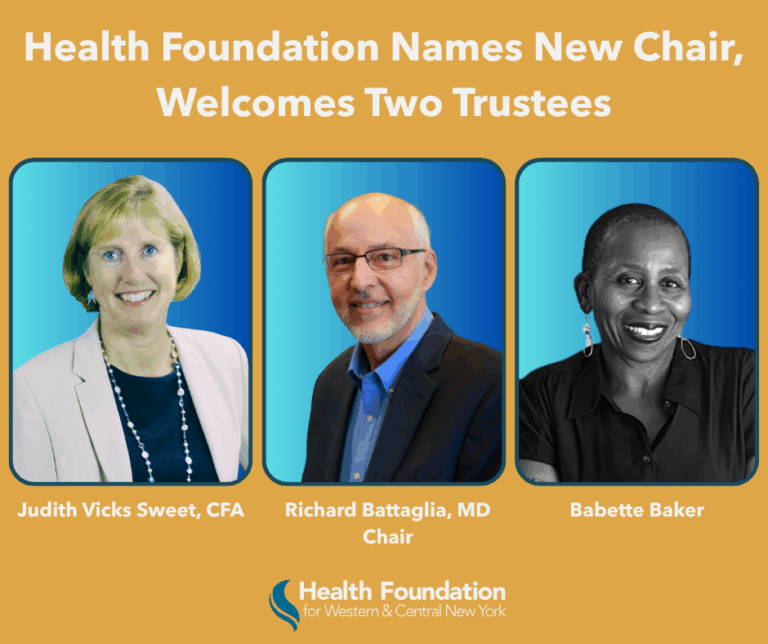Dotting the Buffalo skyline are windmills generating solar power and tower cranes rebuilding downtown; these images remind us that new changes are happening in our community almost daily.
What’s also changing is our educational system, and in order for our children to have the skills necessary to compete and succeed in the 21st century, it is important that they not only have strong reading, writing, math and critical thinking skills, but also have the skills they need to become responsible adults.
With an emphasis on academic preparedness, the importance of social emotional learning (SEL) in our classrooms is often overlooked. In recent years, a body of research has been building to suggest that there is a strong link between young children’s social-emotional competence and their chances of early school success.
The short-term goals of SEL programming are to promote students’ social-emotional skills, which, in turn, should lead to improved academic performance, fewer conduct problems and less emotional distress. In fact, findings from a 2008 report funded by the Collaborative for Academic, Social and Emotional Learning demonstrated that SEL programming yielded an average gain on achievement test scores of 11-17 percentile points.
When studying long-term effects related to crime, substance use, dropout/nonattendance and other conduct problems, the CASEL findings indicated that SEL approaches produced consistently positive outcomes when compared to behavioral counseling, social work and other therapeutic interventions.
The overall conclusions from the CASEL study are clear: The summarized data from decades of research demonstrates that social and emotional learning is a promising approach to promoting positive adjustment, enhancing academic performance and reducing problem behaviors.
Because the first few years of children’s lives play such a critical role in shaping their behavioral, social and emotional development, the Health Foundation for Western and Central New York and the Peter and Elizabeth C. Tower Foundation have partnered to create PEDALS: Positive Emotional Development and Learning Skills.
This two-year program in Erie and Niagara counties has already shown success in emotionally and socially preparing young children for school, while providing early child care educators with training on how to use one of two evidence-based emotional and social curricula and assessments in their classrooms. Reaching 48 classrooms and 700 children during the 2012-2013 school year, an independent evaluation of the first year of the program shows that the curricula have already improved positive behaviors in the classroom.
Social-emotional based curricula promote the overall social and emotional development of our children and strengthen academic achievement and we must continue to encourage schools to focus on both – academics and social-emotional development. In addition to philanthropic support, a strong commitment at the local, state and federal level to implementing research-based SEL programming will help foster our kids’ healthy development.



